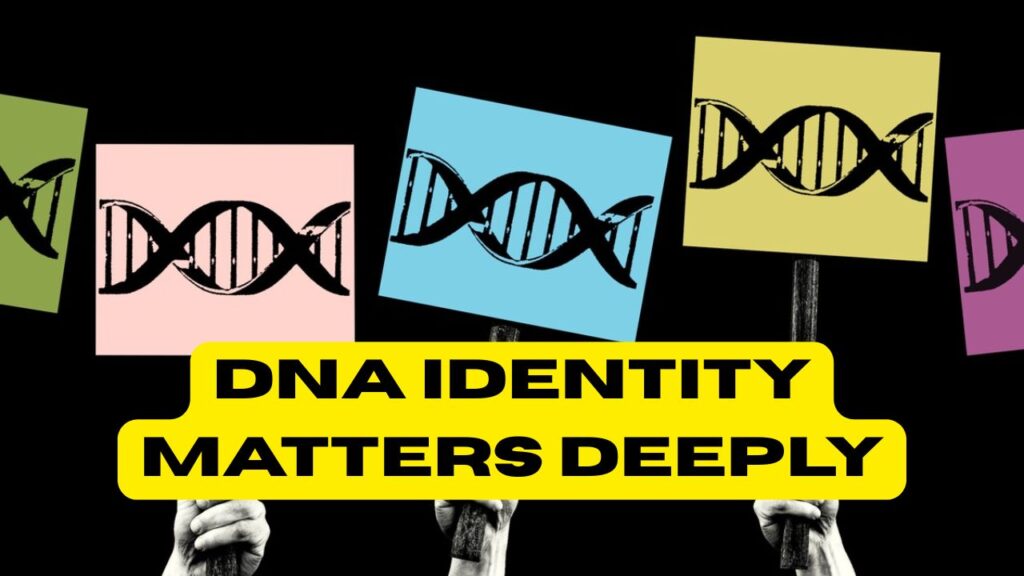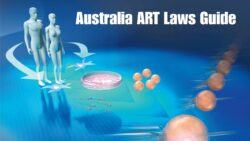Donor-Conceived People – Understanding one’s genetic roots has become increasingly important, especially for donor-conceived individuals in Australia. With the rise of accessible DNA testing, more people are uncovering vital information about their biological origins, health risks, and extended family connections. Genetic testing not only helps donor-conceived Australians find their biological relatives but also supports emotional identity development and medical awareness. As discussions on transparency and genetic rights continue across the country, it’s crucial for families, donors, and policymakers to recognize why DNA testing plays such an essential role in shaping identity and emotional well-being.

Genetic Testing and Identity Awareness Among Australian Families
Genetic testing is reshaping how Australian families approach donor conception and identity. Many donor-conceived Australians are now using DNA kits like AncestryDNA and 23andMe to uncover their biological heritage. This process provides valuable insight into health predispositions, family medical history, and ancestral backgrounds. For parents, this awareness fosters openness and trust within families. For donor-conceived individuals, it offers a deeper sense of belonging and truth. Across Australia, awareness campaigns and organizations such as Donor Conceived Australia are helping people understand the emotional and ethical importance of DNA transparency in family-building journeys.
DNA Testing Rights for Donor-Conceived Australians
In Australia, DNA testing has become a significant tool for donor-conceived individuals seeking their biological heritage. As donor anonymity laws evolve, more states are recognizing the rights of individuals to access genetic information about their donors. Genetic testing empowers Australians to discover their biological relatives even when records are incomplete or confidential. This shift toward openness has sparked vital discussions about consent, privacy, and equality for donor-conceived people. By using DNA tests, individuals can bridge the gap left by older fertility practices and strengthen their personal and genetic identity through verified information.
| Aspect | Details for Donor-Conceived Australians |
|---|---|
| Purpose of Genetic Testing | To uncover biological relatives and health information |
| Popular DNA Services | AncestryDNA, MyHeritage, 23andMe |
| Legal Support | Varying state laws supporting genetic information access |
| Emotional Benefits | Improved sense of identity and family belonging |
| Ethical Considerations | Privacy, consent, and donor disclosure policies |
Why Genetic Connections Matter Across Australia
Across Australia, understanding genetic connections can profoundly influence one’s identity, health, and emotional stability. For donor-conceived Australians, DNA testing provides a way to fill lifelong gaps about who they are and where they come from. Many report relief and empowerment after learning about their genetic relatives. Additionally, health professionals stress that knowing one’s genetic makeup helps predict hereditary risks and guide personalized medical care. This awareness not only supports individuals but also helps create more transparent and compassionate fertility systems throughout the country, reinforcing the right to identity for every child born via donation.
Genetic Identity Support Networks for Australians
Support networks across Australia are helping donor-conceived people navigate the complexities of genetic identity. Organizations like Donor Conceived Australia (DCA) provide safe spaces for sharing stories, accessing counseling, and advocating for consistent national laws. These groups emphasize the need for early disclosure and emotional guidance during DNA discoveries. Families who engage with these communities find valuable reassurance and education about genetic testing, its accuracy, and emotional impact. Together, such initiatives are building a more connected and informed generation of Australians who embrace openness and genetic truth as part of their life journey.
Frequently Asked Questions (FAQs)
1. Why is DNA testing important for donor-conceived Australians?
It helps uncover biological relatives, family medical history, and strengthens identity awareness.
2. Are donor-conceived individuals in Australia allowed to access their genetic information?
Yes, many Australian states now support the right to access donor and genetic details for transparency.
3. Which DNA testing services are commonly used in Australia?
Popular services include AncestryDNA, MyHeritage, and 23andMe for discovering family and health insights.
4. How do organizations like Donor Conceived Australia help?
They provide emotional support, advocacy, and educational resources to donor-conceived individuals and families.




